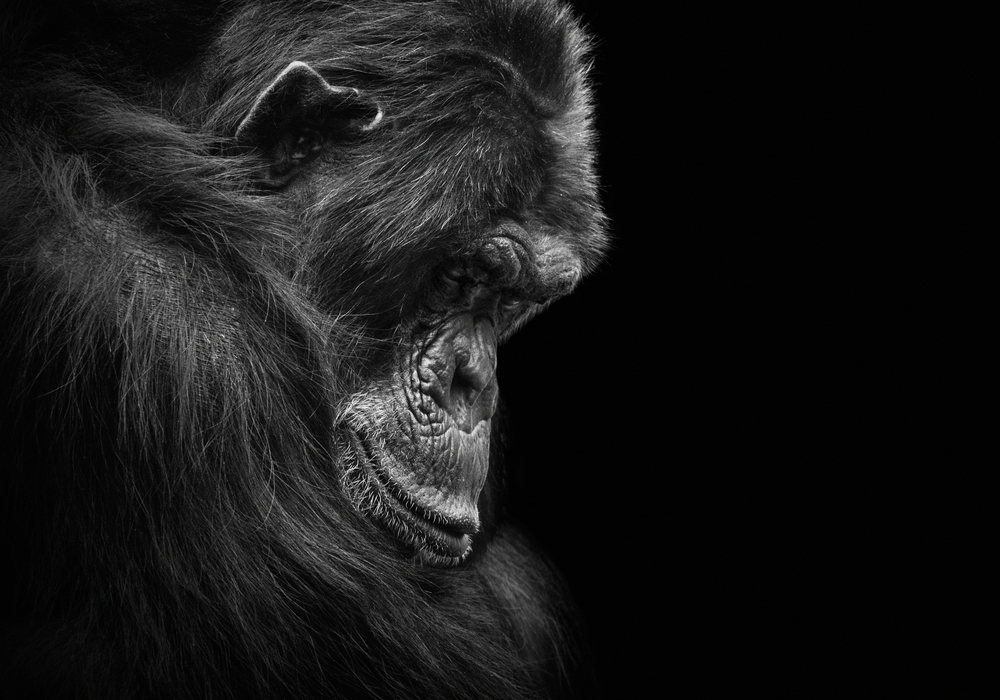One Year Later, Has HSUS Helped the Chimps?
Last year, animal advocates were outraged after allegations emerged that chimpanzees were being mistreated at Project Chimps, a north Georgia facility controlled by the Humane Society of the United States.
Two public whistleblowers, representing a larger group of volunteers and former staff, alleged that the chimps were in such dire living conditions. Critics claimed the animals were better off in their former laboratory homes.
A major tussle ensued. HSUS’s Project Chimps sued the two young women who were the public faces of the whistleblowing, only to drop the suit after facing bad press–though the women still incurred tens of thousands in legal fees.
It seems things haven’t improved enough. Activists recently protested outside the New York City home of HSUS board member Sharon Lee Patrick. The protest marked the anniversary of the filing of the lawsuit against the two whistleblowers.
Activists are now pressuring the Global Federation of Animal Sanctuaries, too. GFAS is an accrediting body for sanctuaries, and it has accredited Project Chimps.
In 2018, National Geographic reported that the GFAS pulled its accreditation of a different chimpanzee sanctuary after it investigated complaints.
“Chimpanzee sanctuaries are under fire,” reported Science magazine in December. The article included an inside source leveling serious complaints about Chimp Haven, which is also currently accredited by GFAS. And last year, gruesome allegations emerged against Save the Chimps (which does not appear to be currently accredited by GFAS, but was in the past).
Sanctuaries market themselves as better than zoological or research facilities. But more and more cases are shining a light on the poorly regulated industry and indicate that this marketing is hollow.




